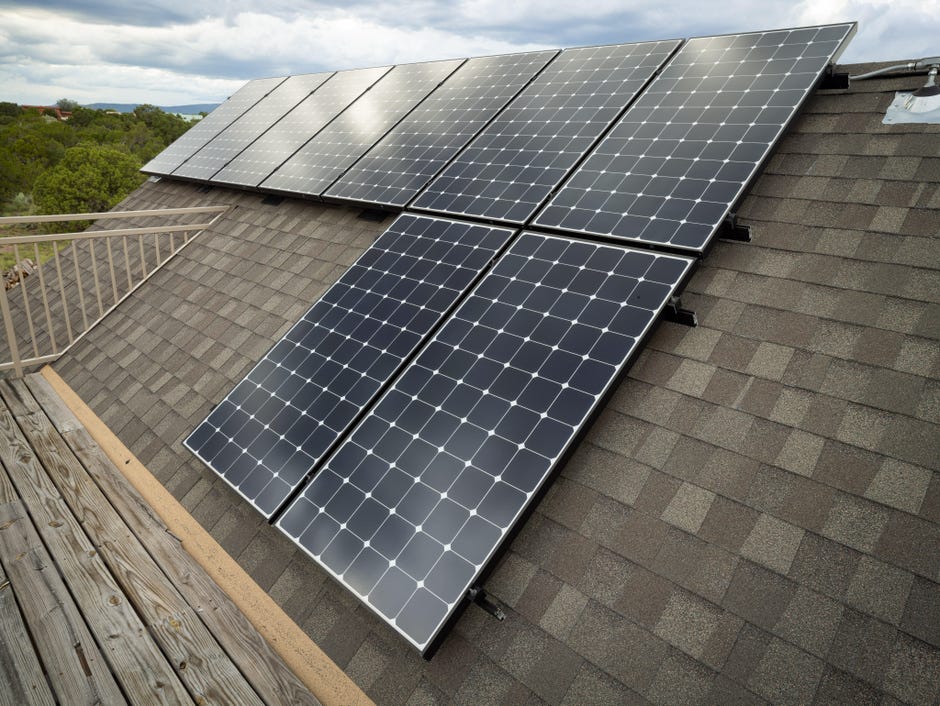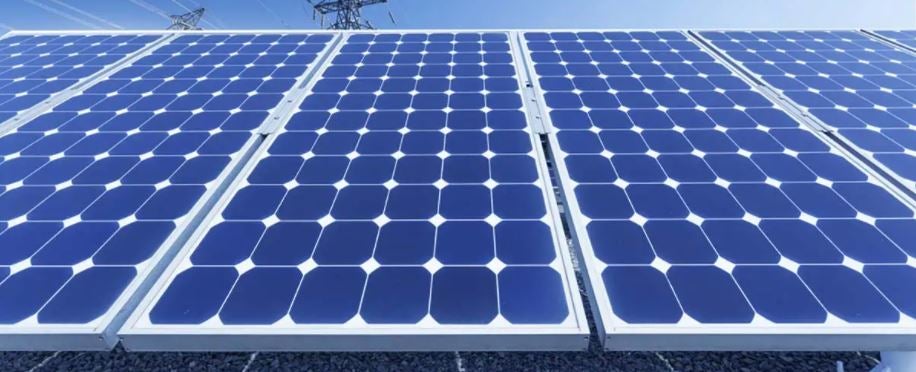How Many Solar Panel Watts For A House?| Calculate how many solar panels you need to power your house
I. Introduction
Solar panel watts refer to the measure of power output that a solar panel can generate. Understanding the concept of solar panel watts is crucial when it comes to choosing the right solar panel system for your energy needs. In this article, we will explore the significance of solar panel watts and how they impact the overall performance of solar panels.
II. Understanding Solar Panel Watts

Solar panel watts determine the power capacity of a solar panel system. It is essential to comprehend the relationship between solar panel watts and the energy requirements of your residential or commercial property. The higher the wattage of a solar panel, the more electricity it can produce.
When evaluating solar panel wattage, it is important to consider your energy consumption and the available space for solar panel installation. A higher wattage panel may generate more electricity, but it requires more space for installation. On the other hand, a lower wattage panel may be suitable for limited space but may not meet your energy demands.
It is crucial to determine your energy needs accurately to ensure that the solar panel system you choose can meet those requirements. Consulting with a professional solar panel installer or a reputable solar energy company can help you determine the appropriate wattage for your solar panel system.
Additionally, the efficiency of solar panels is another factor to consider. Higher efficiency panels can generate more electricity with a lower wattage. This means that even if you have limited space, you can still achieve your desired energy output by opting for highly efficient solar panels.
III. Assessing Energy Consumption
When it comes to adopting solar energy, it is crucial to assess your energy consumption patterns. Understanding how much energy your household or business consumes on a daily, weekly, or monthly basis will help you determine the appropriate solar panel system for your needs. Conducting an energy audit can provide valuable insights into your energy usage.
During an energy audit, you can analyze your electricity bills, identify peak usage hours, and assess the energy requirements of individual appliances. This assessment will help you gauge the total energy consumption and identify areas where energy efficiency improvements can be made.
IV. Estimating Solar Panel Requirements:
Once you have a clear understanding of your energy consumption, you can proceed to estimate the solar panel requirements. Several factors need to be considered during this process to ensure accurate calculations.
- Sunlight Availability: Assessing the amount of sunlight your location receives throughout the year is crucial. Areas with more sunlight will require fewer solar panels to generate the desired amount of energy.
- Efficiency of Solar Panels: Different solar panels have varying efficiencies, which impact their ability to convert sunlight into electricity. Understanding the efficiency ratings of the panels you plan to install will help you determine the number of panels required.
- Desired Energy Output: Determine how much energy you want your solar panel system to produce. This will depend on your energy consumption and whether you aim to offset a certain percentage or the entire energy requirement.
- Roof Space: Evaluate the available roof space for installing solar panels. Consider any shading issues that could affect the panel’s performance and adjust the calculations accordingly.
- System Losses: Account for system losses due to factors such as panel degradation, wiring, and inverter efficiency. These losses will affect the overall energy output of your solar panel system.
By considering all these factors, you can estimate the number and size of solar panels needed to meet your energy goals. It is advisable to consult with a professional solar installer or use online solar calculators to ensure accurate estimations.
Remember, assessing your energy consumption and estimating solar panel requirements are essential steps toward a successful solar energy transition. Investing time and effort into these assessments will help you make informed decisions and maximize the benefits of solar power.

V. Consultation with Solar Experts
When it comes to making the switch to solar energy, seeking professional guidance and expertise can greatly enhance your decision-making process. Consulting with solar experts can provide invaluable insights and ensure that you make the most informed choices for your specific needs. With their vast knowledge and experience in the field, these experts can guide you through the entire solar installation process, from initial assessment to final implementation.
One of the primary advantages of consulting with solar experts is their ability to assess your energy requirements accurately. By evaluating your current energy consumption patterns and understanding your future needs, they can recommend the best solar solutions tailored to your unique circumstances. This personalized approach ensures that your solar system is optimally designed to meet your energy goals while taking into account factors such as available roof space, shading, and local climate conditions.
Moreover, solar experts stay up-to-date with the latest technological advancements in the solar industry. They are well-versed in the various solar panel options, inverters, and battery storage systems available in the market. By staying informed about the latest developments, they can help you choose the most efficient and cost-effective components for your solar setup.
During the consultation process, solar experts can also provide accurate cost estimates and help you understand the potential return on investment (ROI) of going solar. They can explain the financial incentives, such as tax credits and rebates, that may be available to you, as well as any financing options that can make solar energy more affordable for your budget.
Not only do solar experts assist with the technical aspects of solar installation, but they also ensure compliance with local regulations and permitting requirements. They can handle the paperwork and liaise with utility companies on your behalf, streamlining the process and saving you time and effort.
VI. Conclusion
In conclusion, consulting with solar experts is a crucial step in your solar energy journey. Their expertise and guidance can help you navigate the complexities of solar installation, ensuring that you make informed decisions and maximize the benefits of solar energy. From assessing your energy needs to providing accurate cost estimates and handling the necessary paperwork, solar experts play a vital role in making your transition to solar power seamless and successful. So, don’t hesitate to seek their assistance and embark on a sustainable and renewable energy future.
FAQs: How many solar panel watts for a house?
How many 300w solar panels does it take to power a house?
Thirteen solar panels of this size would be enough to power homes of that size. For solar panels that are 300 watts, solar panel output efficiency will typically be somewhere around 17%.
How many solar panels do I need to power an off-grid house?
The size of the solar panel you choose will be determined by how much power your off-grid house requires. If you use a 200-watt solar panel, you’ll need roughly 35 of them to take your home off the grid. Alternatively, if you used 350-watt solar panels, you’d only require 20 of them.
How many solar panels can I fit on my roof?
The short answer is that it depends on the size of your roof, but a rough estimate would be about 4 panels for every square meter.
How many kilowatts does a house use?
The average home in the United States consumes roughly 32 kWh per day. The typical 2,000 sq. ft. home uses around 1,000 kWh of energy each month or 32 kWh each day.
How much energy can 4 solar panels produce?
There is no set answer to this question, as there are many factors that come into play when considering how much electricity you will need. If you have a small to medium-sized house, for example, 4 solar panels will easily provide enough electricity.
Most residential solar panels on the market today are rated to produce between 250 and 400 watts of power each hour. Domestic solar panel systems typically have a capacity of between 1 kilowatt and 4 kilowatts.
